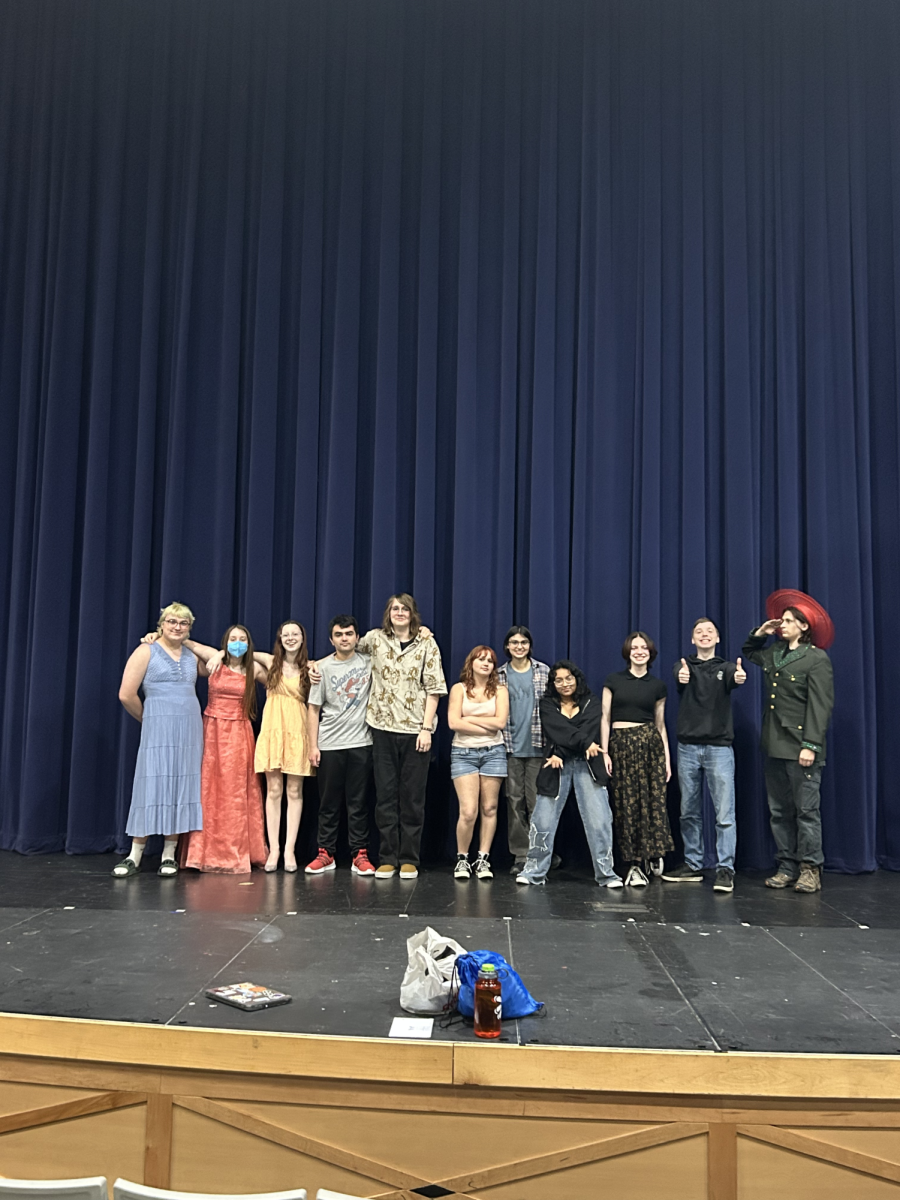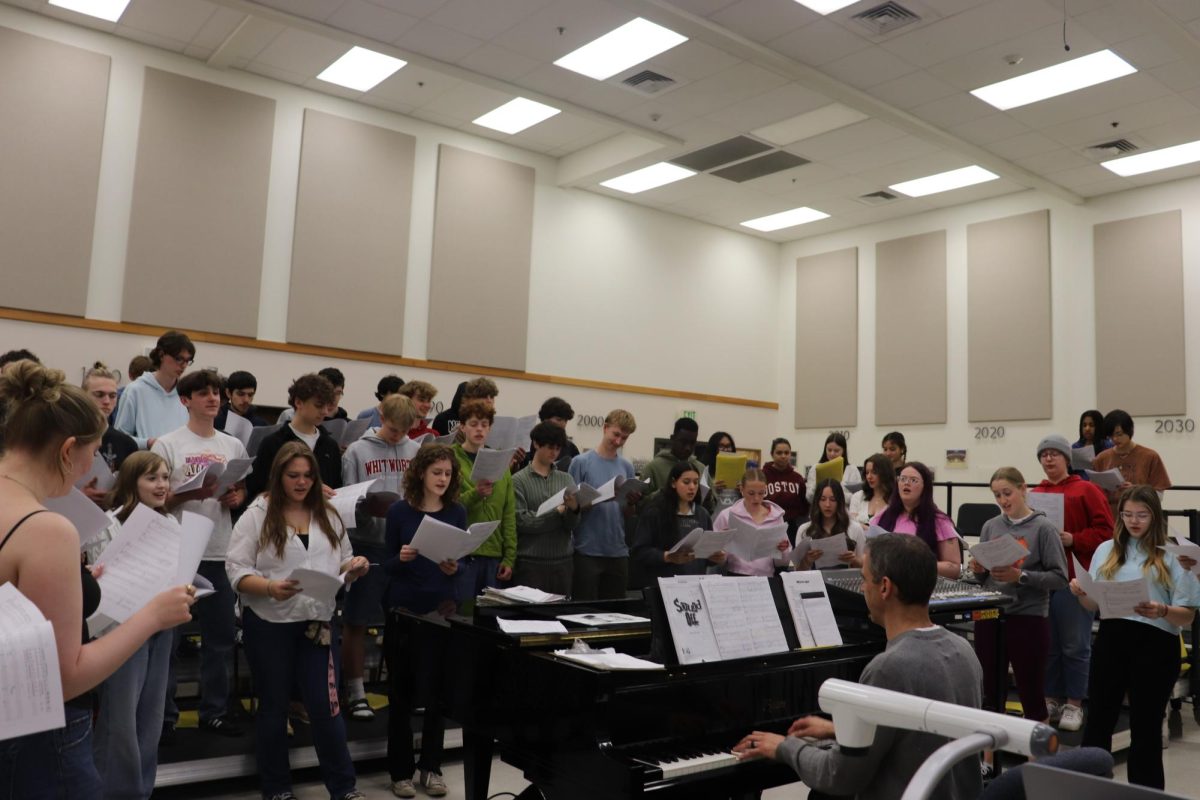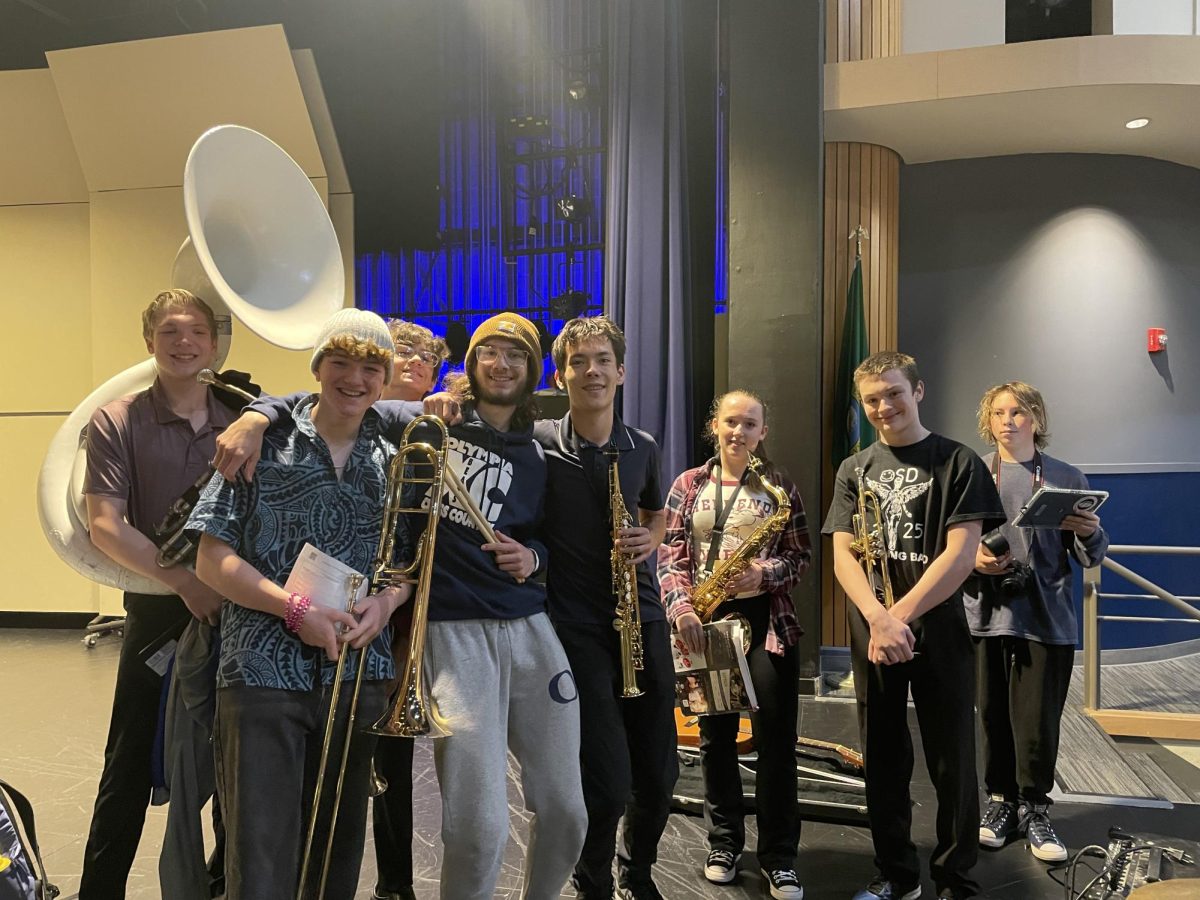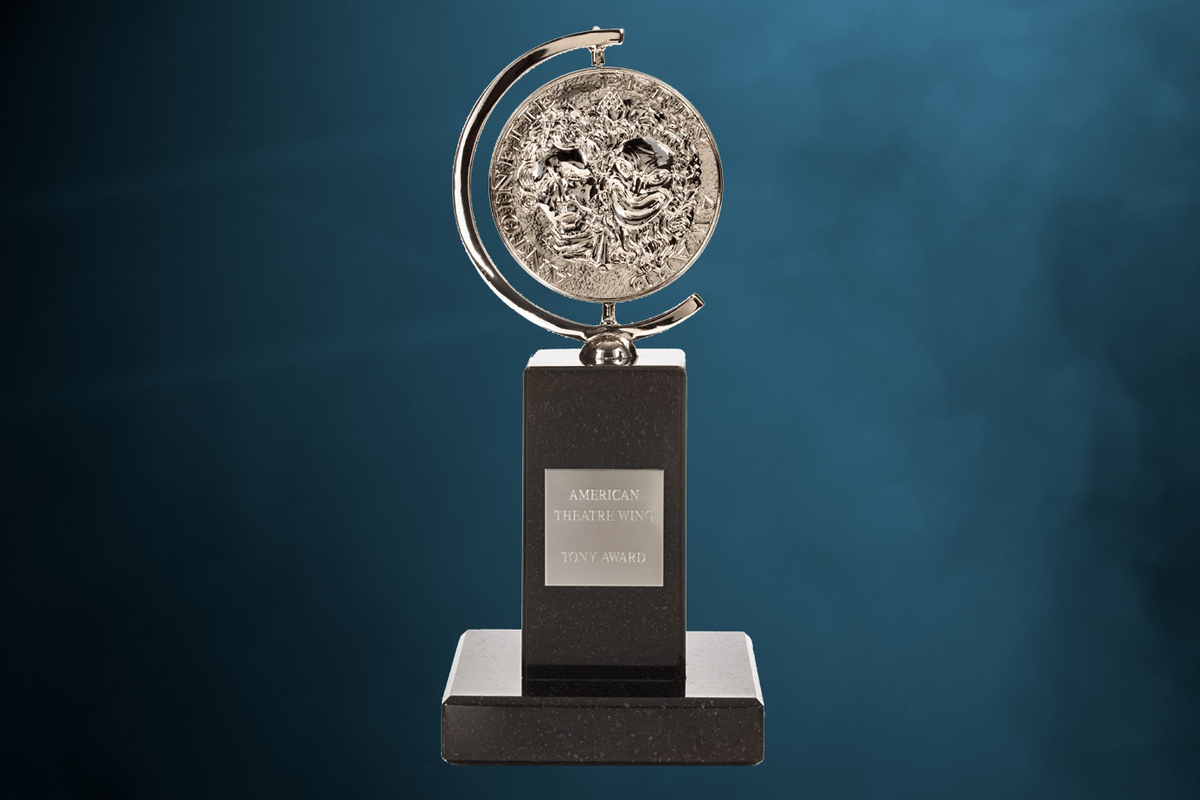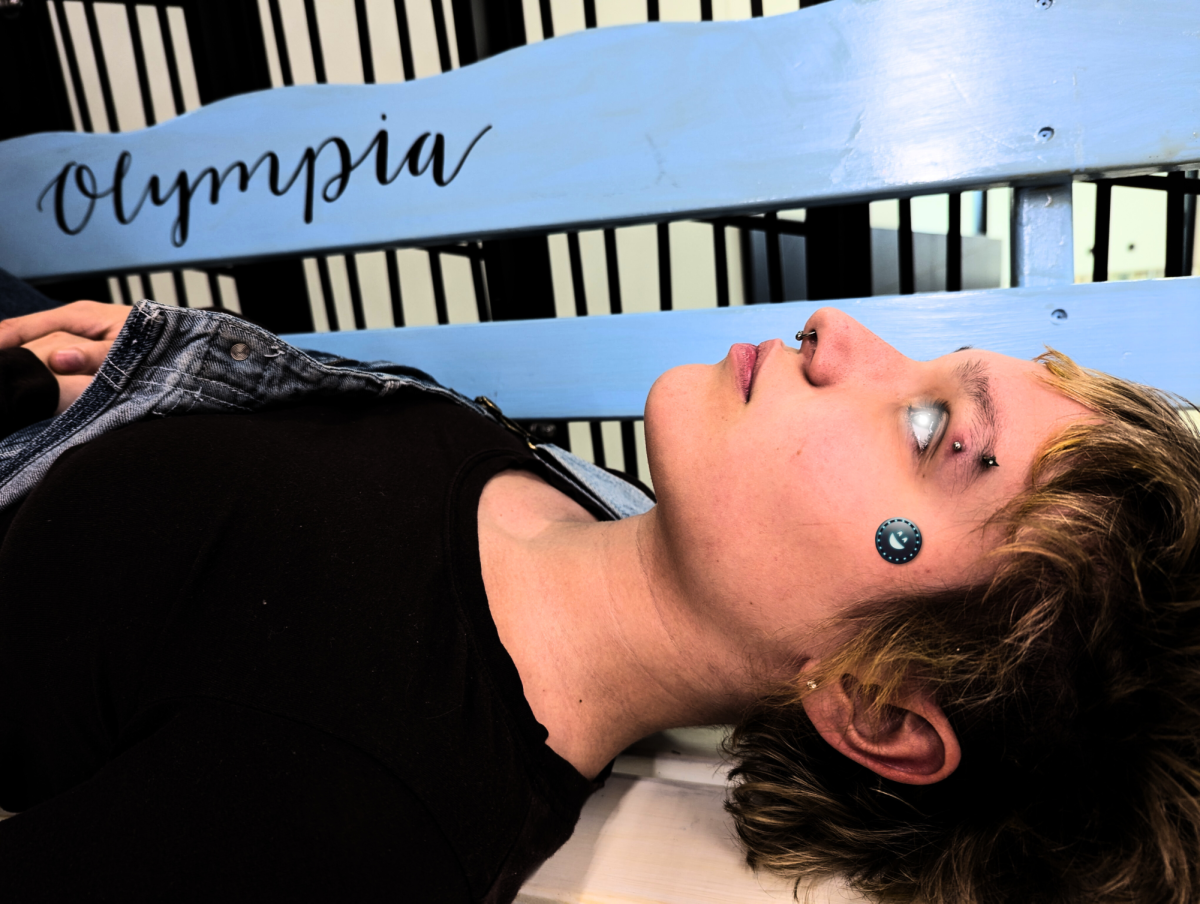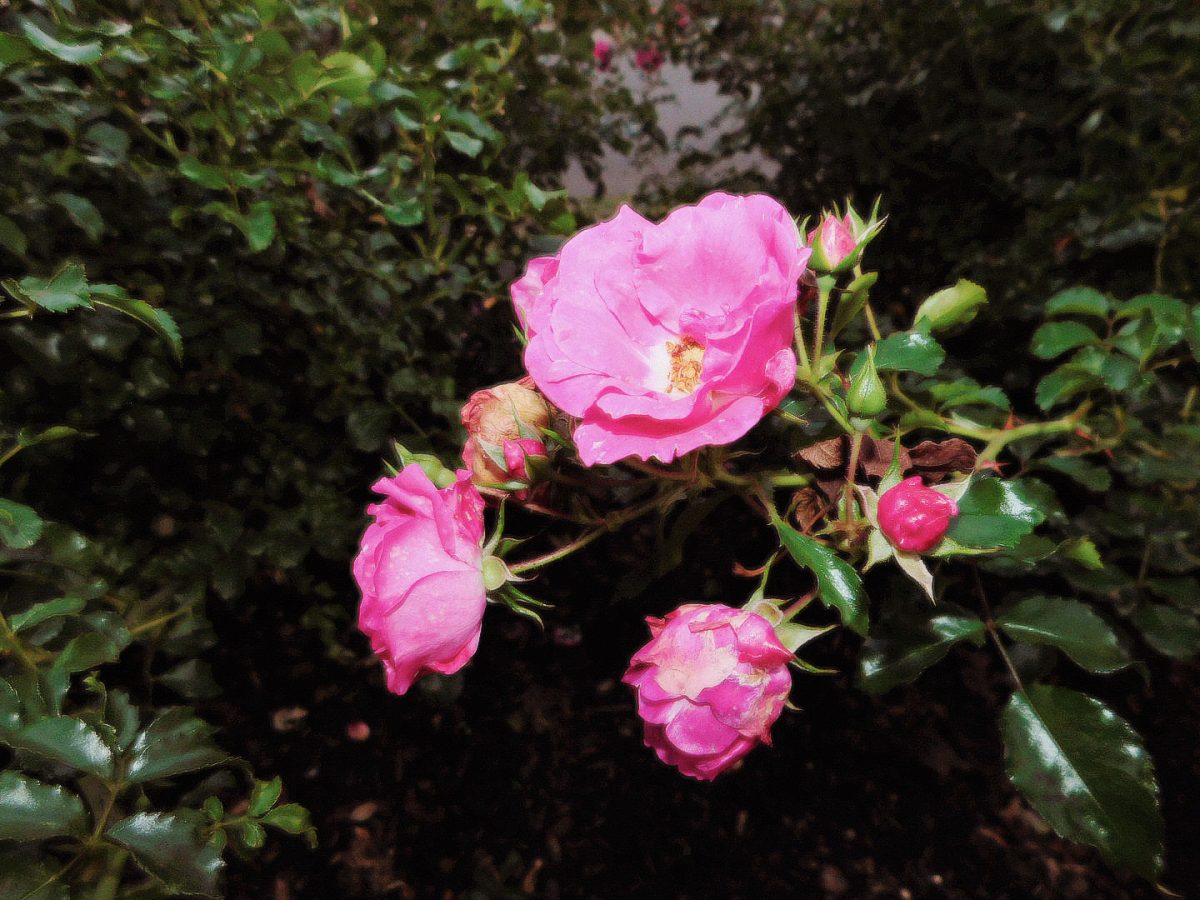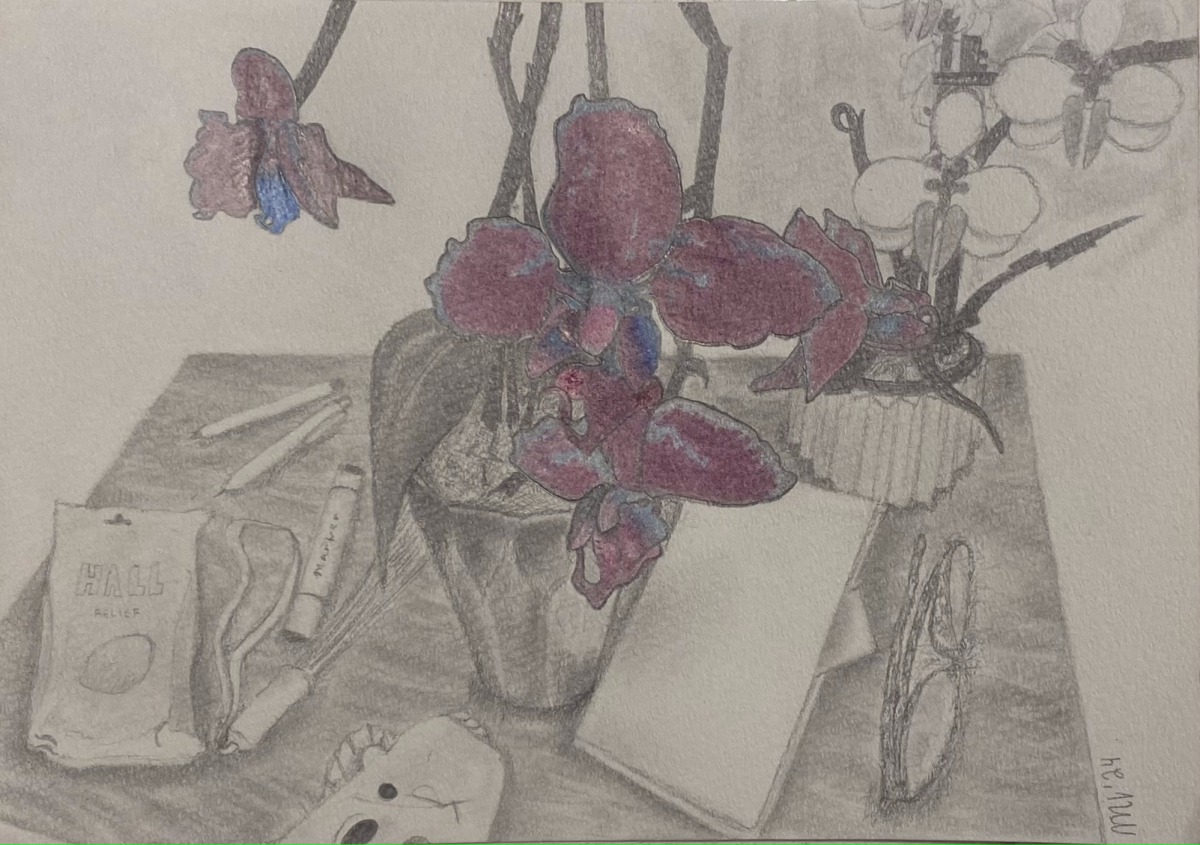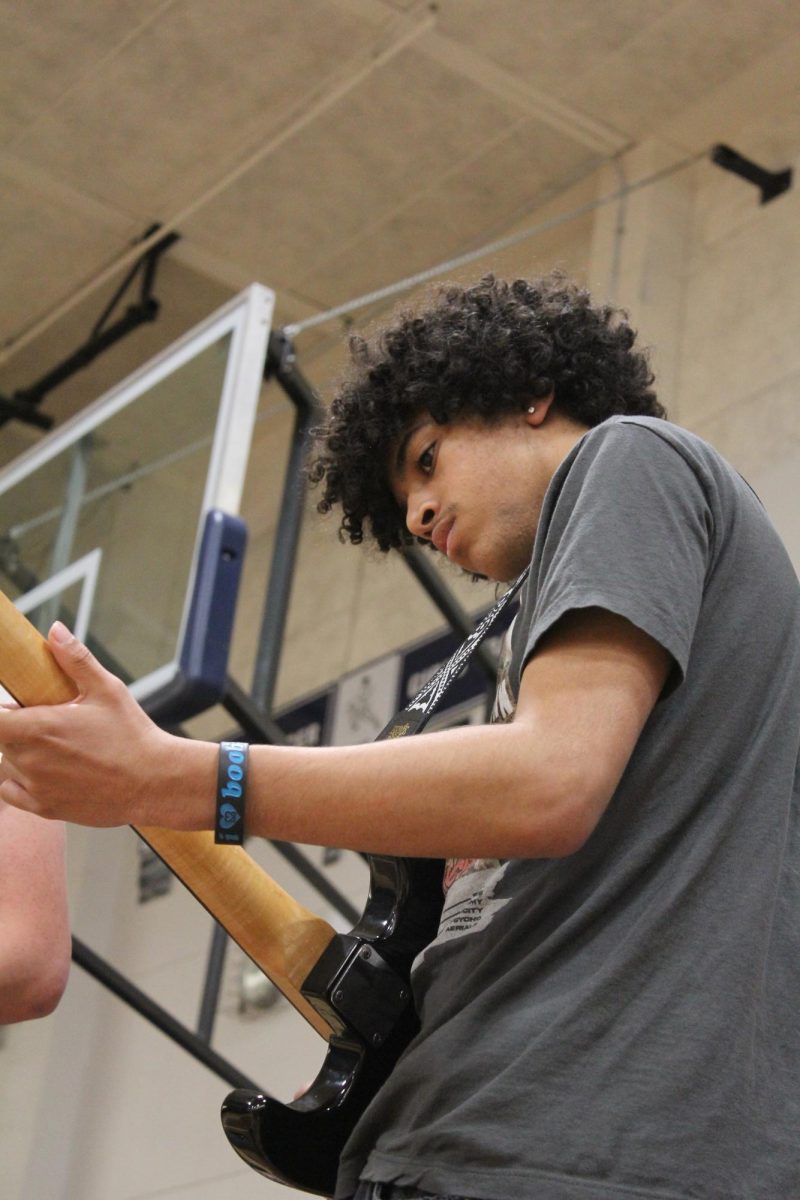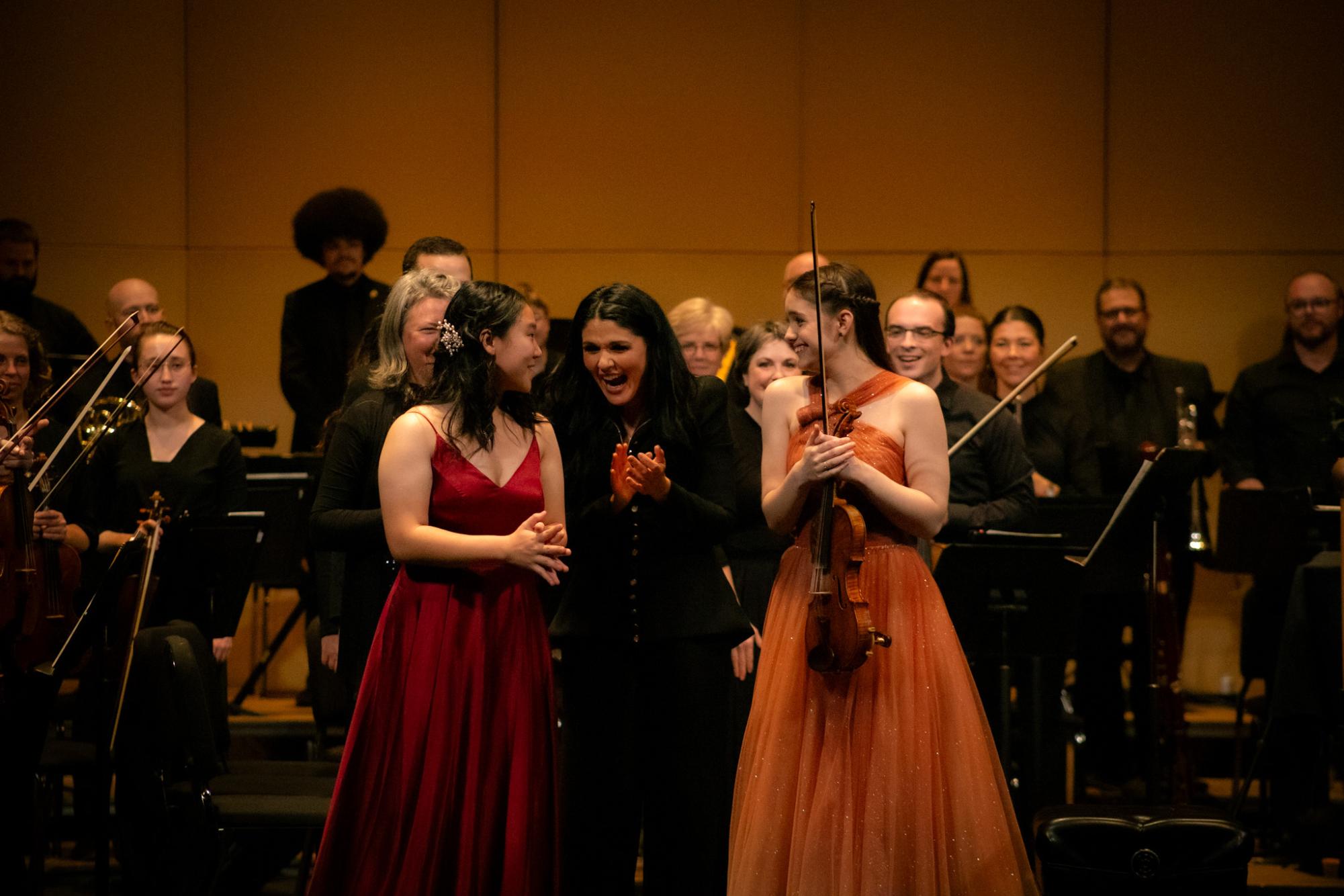All of life is a search for connection. A connection between disparate lives and the desire to love, to be known. And music, it can know you. This sense of being known is why Chloe Song chose to perform Tchaikovsky’s Piano Concerto No. 1 in B-flat minor. Tchaikovsky, though long dead, knew her and could partake in her struggles as she did his.
Alexandra Arrieche, Olympia Symphony Orchestra conductor, alluded to this power of connection when she said that it was not selfless, but rather selfish to invite Ava Pakiam and Song.
During her wonderful speech, Arrieche said that she and the other adults play with the young so that they can remember why they play at all. The Pakiam Song concert was a journey of connection, a commune shown in the music and its players.
Song is the junior class president at Olympia High School, captain of the girl’s tennis team, and is a member of chamber orchestra. She has played both the piano and violin since age 5.
Song has won numerous awards, notably two gold medals at the Chopin Northwest competition. Song began teaching piano three years ago, a statement of her dedication and skill.
A gregarious and affable young woman, humble of her successes, Song is not a star set far away in the distance — rather a talkative, always laughing light for whomever she is near.
Song first met Pakiam at a bar, for a fundraising event. Overall, Song described the rehearsal as good, and that their playing “before the concert … was fine.” When it came time to play Over The Rainbow, however, “It was the most wonderful thing ever.”
The thing that really struck Song after the concert was how much those two hours backstage had changed things, how much their communication in their music had developed.
Two months later in October both Pakiam and Song would meet again for an interview on Mixx 96.1. In Song’s words, she and Pakiam “really hit it off.” Song went on to describe Pakaim as “sweet,” “amazing,” and “inspiring.”
Pakiam, who is now thirteen, first appeared in papers when she was six and entered a pre-college conservatory at seven years old. Then at eight years old, she played at Carnegie Hall.
The Olympia Symphony Orchestra held an audition with a junior and senior category last year in November. Brought to the conductor and director of the concert, Arrieche, the idea of a youth soloist concert was quickly approved. Pakiam came from her home in San Francisco for the junior audition.
While Song waited to audition in the senior category, she thought she might not make it after hearing Pakiam practice her piece.
For Song, it is the competition, rather than the concerts that are stressful. However, she said this concert was stressful two hours before the show. Song practiced her piece for roughly 512 hours and still was not satisfied after the final rehearsal.
Nevertheless, to the common man who by chance stumbled upon her playing, it would seem that the very air danced with delight for being moved in such a way.
The show opened at three in the afternoon Sunday, October 15th. As the last stragglers made their way through the ticket line, Jennifer Hermann, Olympia Symphony Orchestra’s executive director and pianist, joked about wearing such relaxed shoes and how really it was thematic of Mothership by Mason Bates.
Beginning the performance was the Olympia Symphony Orchestra’s rendition of Igor Stravinsky’s Firebird, a superlative choice to open the show. Composed for the 1910 ballet of the same name, Firebird endowed the audience with the same feelings of its namesake play.
The languid sorrows of the trapped princesses found form in a weight previously unknown to the audience, but as the piece continued, it grew to a close friend and pulled their hearts to hopeless depths.
However, Stravinsky and the orchestra were not only suited for the light touch of a sanguine evening, but also the taut tension accompanying the story. All the instruments rose in highest attention, and the sundered feelings of the listener followed in patient rapture as the prince was just barely saved by the firebird.
Pakiam’s performance of Barber: Violin Concerto, Op 14. could ascend to the peaks of tension when it swelled like waters filling an open space and open heart. Then, the music released the strain as Pakiam’s artful bow slowed as if the wind was blowing upon a bay of serenity.
Soon the beauty of the bay in simple majesty turned to greatest grandeur, and the listener whose heart was so moved felt like a barbarian unfit to stare, or rather hear, something so beautiful.
Her bow enchanted a world where little magic was left. Each draw and flit of the string marked a memory upon the heart. After three standing ovations of overflowing gratitude, Pakiam left the stage.
Thus, with harsh but consummate form, Song began Tchaikovsky’s Concerto No. 1. Her hands danced daintily along the piano as the orchestra played the sounds of a sweet spring afternoon. As the piece continued, the listener was transported to the lush valleys of Switzerland with its insurmountable mountain tops.
Song expressed that deep sadness whose overcoming spurned Tchaikovsky to create the concerto. Indeed, even the chance glimmers of hope, life, and joy he found were reminiscent in Song’s musicality.
The instruments parried each other, the orchestra echoed the piano and the piano the orchestra. All the while the door of a dusty lonely cottage creaked forth, letting the heartening sun in. The audience could feel the warmth they had forgotten.
Ending the performance was a rendition of Bates’ Mothership, a light-hearted departure from the heavy and somber works of Tchaikovsky and Stravinsky.
The piece began with the sound of a spaceship engine revving up and introduced an electric drum which added a techno-edge. The electric-drum was a mainstay of the piece, serving as the base for which Song, Pakiam, and the orchestra interweave classical instruments turned alien space sounds.
Midway through, the audience was transported to a tranquil lotus pond with the heavenly sound of the instruments conjuring the mirage. Returning back to space with the familiar electronic-drum, the orchestra began the crescendo signaling the end of the audience’s space voyage.
Suddenly, everyone was released; as if from a spell, silence crept slowly into the concert hall. Still longing for that now halcyon world, perhaps rather a dream, they rose in rapturous applause.
An audience drawn from the multitudes of life. A renowned orchestra and two soloists who expressed their individuality in their instrumentality.
All of these differences fell way to a mutual knowing and wondrous connection. Ultimately, the Pakiam Song concert was an evanescent flare of meaning, a bold light in an increasingly distant and empty pantomime.








